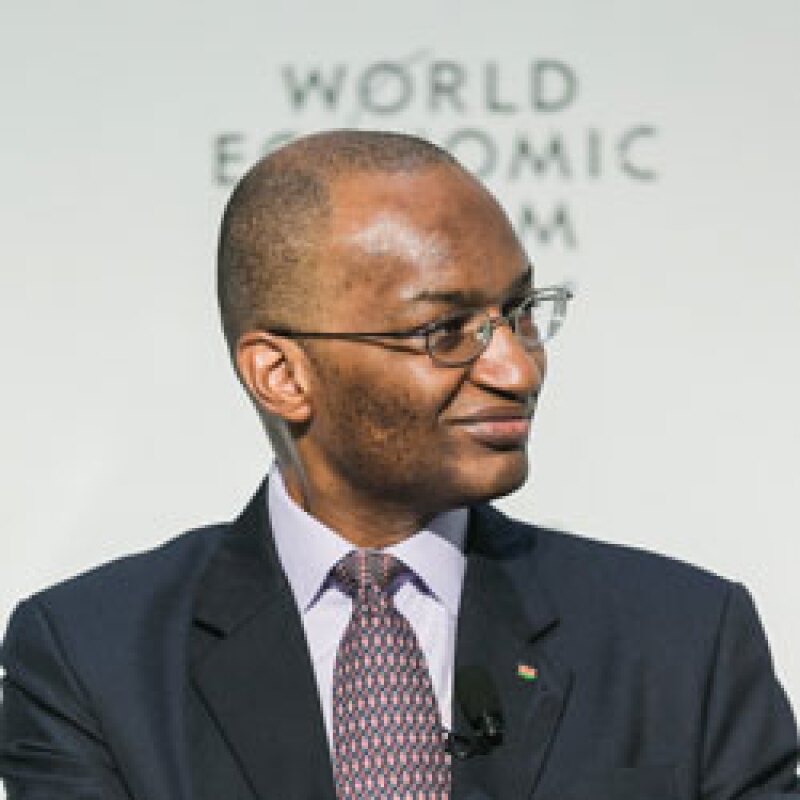
In his first year in post, Kenya’s dynamic new central bank governor has won plaudits from across the market for curbing inflation, launching an overdue clean-up of the banking sector and pursuing a new policy of openness and transparency.
When Patrick Njoroge took office in June 2015, inflation was rising and the Kenyan shilling was under pressure. He promptly announced a surprise 150bp interest rate increase, which helped to stabilise markets. Calls for further hikes in the autumn were resisted, however, despite continuing inflationary pressures — a policy that was justified when inflation dropped off rapidly after a peak in December. By May, the headline rate had fallen by three percentage points to 5% allowing the Central Bank of Kenya (CBK) to cut interest rates again to boost growth.
Njoroge also made his mark as a regulator early on by taking firm action on two failing banks. In August 2015, the CBK shut down failed lender Dubai Kenya Bank while two months later larger rival Imperial Bank was taken under state management over concerns around malpractice and lending irregularities. A third lender, Chase Bank, was put into receivership in April following a scandal over loan misreporting and a deposit run.
The moves have proved controversial among bank shareholders and customers in Kenya but have been hailed by analysts as a welcome step towards cleaning up the country’s freewheeling financial sector. Njoroge has also earned praise for his vocal support for innovation and consolidation within the industry, which is widely seen as overbanked. Kenya currently has 42 banks, a number that Njoroge has indicated could be cut by as much as two thirds.
The new governor is well equipped to diagnose financial and economic distress having spent most of his career as a trouble-shooter for the International Monetary Fund. From an academic family, Njoroge served in Kenya’s finance ministry for two years in the early 1990s before joining the Fund, where he rose from a rank-and-file economist to become senior adviser to deputy managing director Mitsuhiro Furusawa.
While he has been criticised by some for having limited ties to Kenya, others see Njoroge’s lack of political affiliation as a strength. His modest lifestyle and rejection of the trappings of office — he famously opted to share a house with fellow members of the Opus Dei group rather than move into the governor’s residence and gives a large part of his salary to charity — have also impressed locals as has his focus on improving communication and transparency.
Njoroge has not won all his battles so far — notably, the CBK was unable to prevent Kenyan president Uhuru Kenyatta from introducing a stringent cap on loan and deposit rates in August. Nevertheless, he has made a strong start to his term as governor and set a welcome precedent of decisive action on both monetary policy and regulation.
